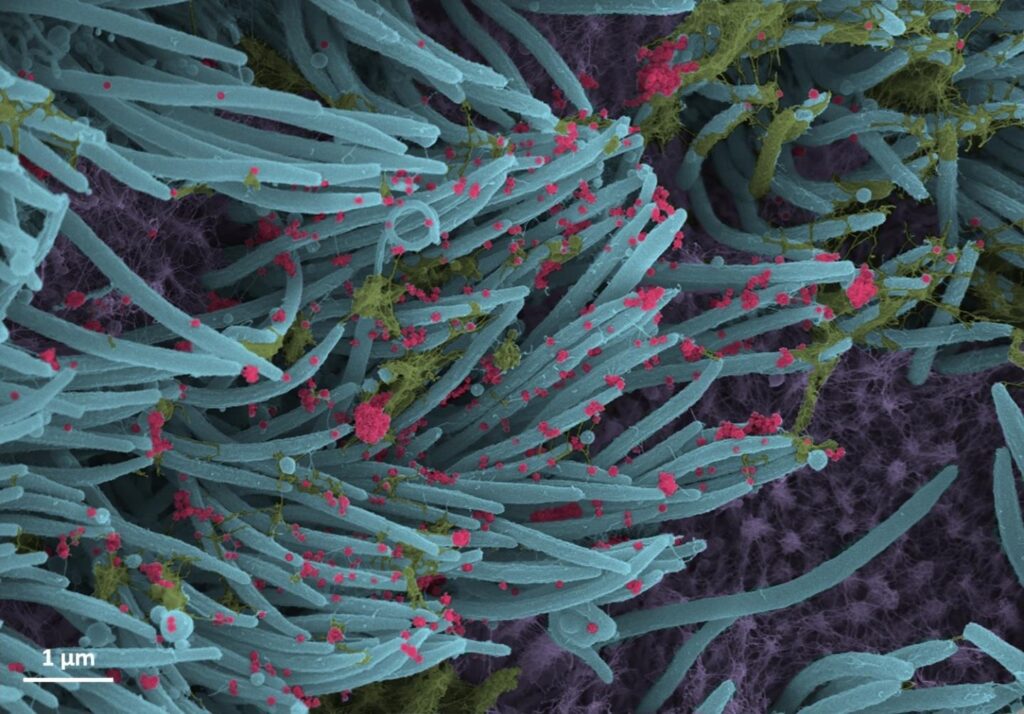New York, May 12 (IANS) Researchers have in two new studies added evidence supporting a seasonal pattern in the behaviour of the SARS-CoV-2 virus, that causes Covid-19 disease, owing to genetics and global change.
The first study, published in Evolutionary Bioinformatics, correlates Covid cases and deaths in the last two years with average annual temperature and latitude in 171 countries across the globe. The researchers also evaluated relationships between Covid and environmental health, including indicators of global change.
“We found correlations were significant and maintained as the pandemic progressed, regardless of vaccines or the appearance of new viral variants. Results provide strong evidence that the virus is seasonal,” said Gustavo Caetano-Anolles, Professor in the Department of Crop Sciences, at the University of Illinois.
The team showed that correlations between Covid-19 metrics (new cases and deaths, total cases and deaths) and temperature and latitude strengthened during cooler months and at higher latitudes.
“We found that countries with colder average temperatures were generally correlated with higher incidence and mortality rates across the pandemic,” said co-author Nicolas Hernandez, an undergraduate researcher studying in the Department of Animal Sciences at the varsity.
“This pattern suggests that future seasonal changes could lead to more predictable trends in Covid-19 cases and deaths,” he added.
Further, the researchers found that the total Covid cases and deaths were correlated with countries’ overall proactiveness to reduce pollutant emissions, such as carbon dioxide, sulphur dioxide, and nitrogen oxides.
The analysis also showed higher particulate matter levels and household use of solid fuels were strongly correlated with Covid cases and deaths.
In a second paper, published in F1000Research, the team analysed sequences of more than 12 million SARS-CoV-2 genomes between the start of the pandemic and late July 2022.
They watched in a time-series analysis as more than 180,000 mutations appeared, coalesced, persisted, and/or died away across three major variants of concern (VOCs), Alpha, Delta, and Omicron.
The researchers tracked the progression across climate zones, finding a marked difference in the uptake of certain groups of presumably advantageous mutations across regions.
“We found many haplotypes were decoupled by latitude, suggesting seasonal behaviour of SARS-CoV-2 is genetically encoded,” said doctoral student Tre Tomaszewski in the School of Information Sciences at the university. “Consequently, seasonal effects could be potentially manipulated through vaccine design.”

